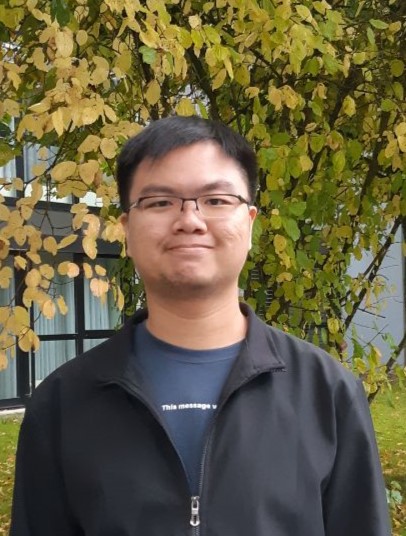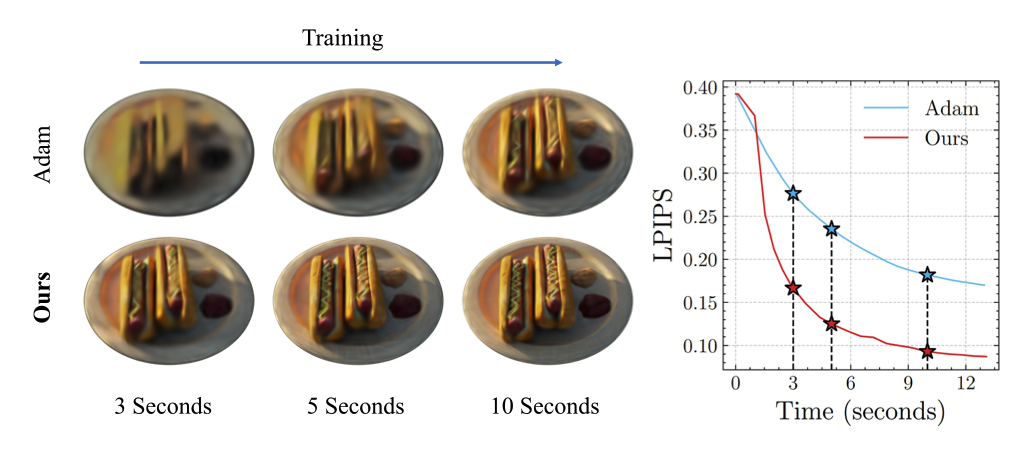
Homepage
Contact

Lin Geng Foo
Max-Planck-Institut für InformatikDepartment 6 - Visual Computing and Artificial Intelligence
| office: |
Campus E1 4,
Room 115F Saarland Informatics Campus 66123 Saarbrücken Germany |
|---|---|
| email: |
Get my email address via email |
| phone: | +49 681 9325 4553 |
Research Interests
- Video Understanding
- Video Generation and Editing
- Diffusion Models
Pre-prints
Avatar Concept Slider: Controllable Editing of Concepts in 3D Human Avatars
Lin Geng Foo
Yixuan He
Ajmal Saeed Mian
Hossein Rahmani
Jun Liu
Christian Theobalt
arxiv 2025
AbstractText-based editing of 3D human avatars to precisely match user requirements is challenging due to the inherent ambiguity and limited expressiveness of natural language. To overcome this, we propose the Avatar Concept Slider (ACS), a 3D avatar editing method that allows precise editing of semantic concepts in human avatars towards a specified intermediate point between two extremes of concepts, akin to moving a knob along a slider track. To achieve this, our ACS has three designs: Firstly, a Concept Sliding Loss based on linear discriminant analysis to pinpoint the concept-specific axes for precise editing. Secondly, an Attribute Preserving Loss based on principal component analysis for improved preservation of avatar identity during editing. We further propose a 3D Gaussian Splatting primitive selection mechanism based on concept-sensitivity, which updates only the primitives that are the most sensitive to our target concept, to improve efficiency. Results demonstrate that our ACS enables controllable 3D avatar editing, without compromising the avatar quality or its identifying attributes.
|
 |
Second-order Optimization of Gaussian Splats with Importance Sampling
Hamza Pehlivan
Andrea Boscolo Camiletto
Lin Geng Foo
Marc Habermann
Christian Theobalt
arxiv 2025
Abstract3D Gaussian Splatting (3DGS) is widely used for novel view synthesis due to its high rendering quality and fast inference time. However, 3DGS predominantly relies on first-order optimizers such as Adam, which leads to long training times. To address this limitation, we propose a novel second-order optimization strategy based on Levenberg-Marquardt (LM) and Conjugate Gradient (CG), which we specifically tailor towards Gaussian Splatting. Our key insight is that the Jacobian in 3DGS exhibits significant sparsity since each Gaussian affects only a limited number of pixels. We exploit this sparsity by proposing a matrix-free and GPU-parallelized LM optimization. To further improve its efficiency, we propose sampling strategies for both the camera views and loss function and, consequently, the normal equation, significantly reducing the computational complexity. In addition, we increase the convergence rate of the second-order approximation by introducing an effective heuristic to determine the learning rate that avoids the expensive computation cost of line search methods. As a result, our method achieves a 3× speedup over standard LM and outperforms Adam by 6× when the Gaussian count is low while remaining competitive for moderate counts.
|
Publications
Please refer to my Google Scholar or my personal homepage.
Teaching
- April 2025 - August 2025
Lecturer for Advanced Topics of Computer Vision and Computer Graphics in the Age of Artificial Intelligence, Lecturer: Prof. Dr. Christian Theobalt, Dr. Rishabh Dabral, Dr. Lin Geng Foo, Dr. Xilong Zhou at the Saarland University, Saarbrücken, Germany